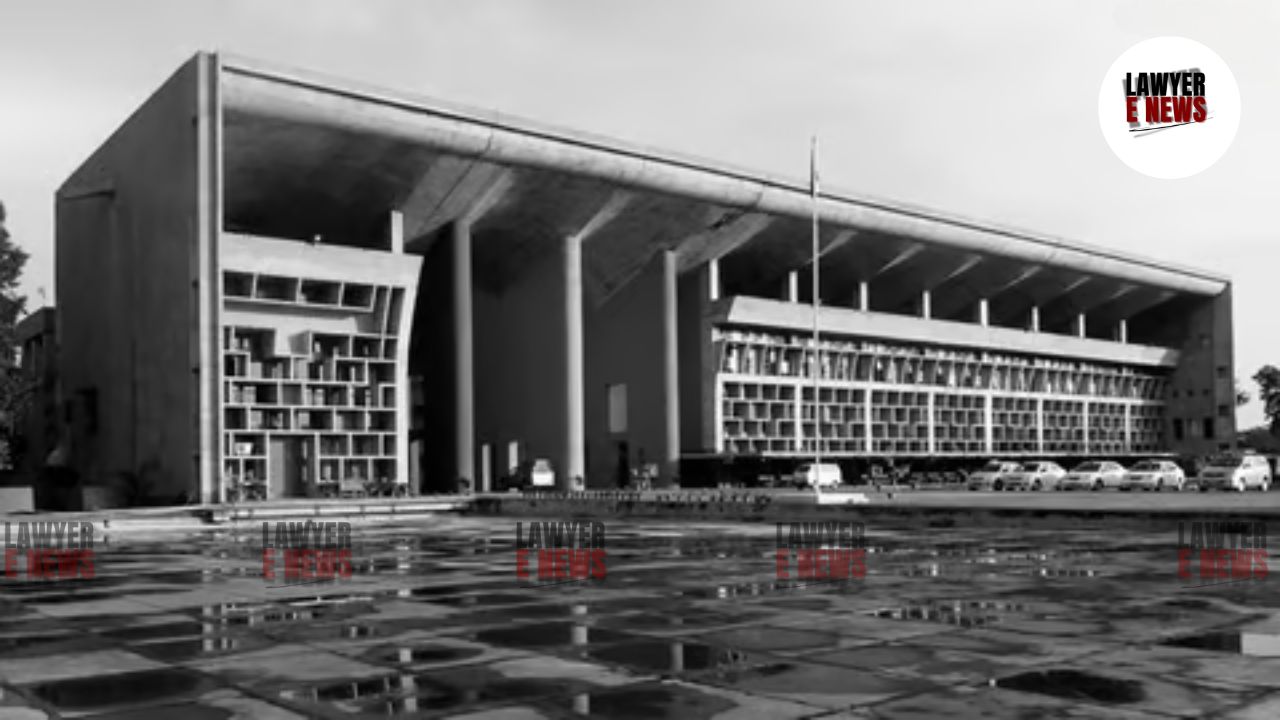-
by Admin
16 February 2026 1:47 PM



Jurisdiction under Section 42 limited to correcting clerical errors, emphasizes High Court in quashing consolidation orders. In a landmark ruling, the Punjab and Haryana High Court has quashed several consolidation orders, emphasizing that the jurisdiction under Section 42 of the East Punjab Holdings (Consolidation and Prevention of Fragmentation) Act, 1948, is confined to correcting clerical errors. The judgment, delivered by Justices Sureshwar Thakur and Lalit Batra, highlights the misuse of Section 42 and directs the aggrieved parties to seek remedies through civil courts or government re-notifications under Section 36 of the Act.
The case originated from the consolidation proceedings in the village Patti Mashian Zira, Tehsil Zira, District Ferozepur, which were completed before 1960. Over the years, several petitions and applications were filed under Section 42 of the Act, challenging the allotment and partitioning of Shamlat Deh land. Notably, applications by Jagdish Chander and Raja Devi led to multiple orders for amendments and redistributions, causing disputes and further applications. The petitioners, Tarsem Lal and another, challenged the consolidation orders dated between 1982 and 1996, arguing they were issued without proper jurisdiction and due process.
Jurisdictional Overreach: The court extensively examined the jurisdictional boundaries of Section 42 of the Act. "The jurisdiction cast under Section 42 of the Act is exercisable only for corrections of arithmetical and clerical mistakes in the finalized consolidation scheme," noted Justice Thakur. The bench found that the Additional Director, Consolidation, had overstepped by making substantive changes affecting the title and rights of the landholders, which was beyond the intended scope of Section 42.
Inappropriate Invocation of Section 42: The court emphasized that the remedy for errors in the consolidation scheme should have been sought under Section 21 of the Act before the finalization of records. The judgment stated, "Non-adoption of the remedy under Section 21 before the updation of records estops the aggrieved from invoking Section 42 subsequently, especially when the contours of jurisdiction under Section 42 are confined to correcting clerical errors."
Implications of Orders and Remedies: The court declared the contested orders as legally flawed due to jurisdictional misapplication. "The orders passed through the exercising of jurisdiction under Section 42 of the Act require being declared legally flawed and thus set aside," the bench ruled. The court directed the petitioners to seek annulment of records through declaratory suits in civil courts and reserved liberty for the government to issue a fresh notification for reconsolidation under Section 36 if deemed necessary.
Justice Thakur remarked, "The validly exercisable jurisdiction by the authorities under Section 42 of the Act is not for making tinkerings with the finalized consolidation scheme or the updation of records but strictly for correcting clerical errors."
The Punjab and Haryana High Court's decision underscores the strict limits of jurisdiction under Section 42 of the East Punjab Holdings (Consolidation and Prevention of Fragmentation) Act, 1948. By nullifying the overreaching consolidation orders, the court has reinforced the legal framework ensuring that substantive land rights issues are addressed through appropriate judicial channels. This ruling is expected to provide clarity on the application of consolidation laws and prevent misuse of statutory provisions in future cases.
Date of Decision: 29.04.2024
